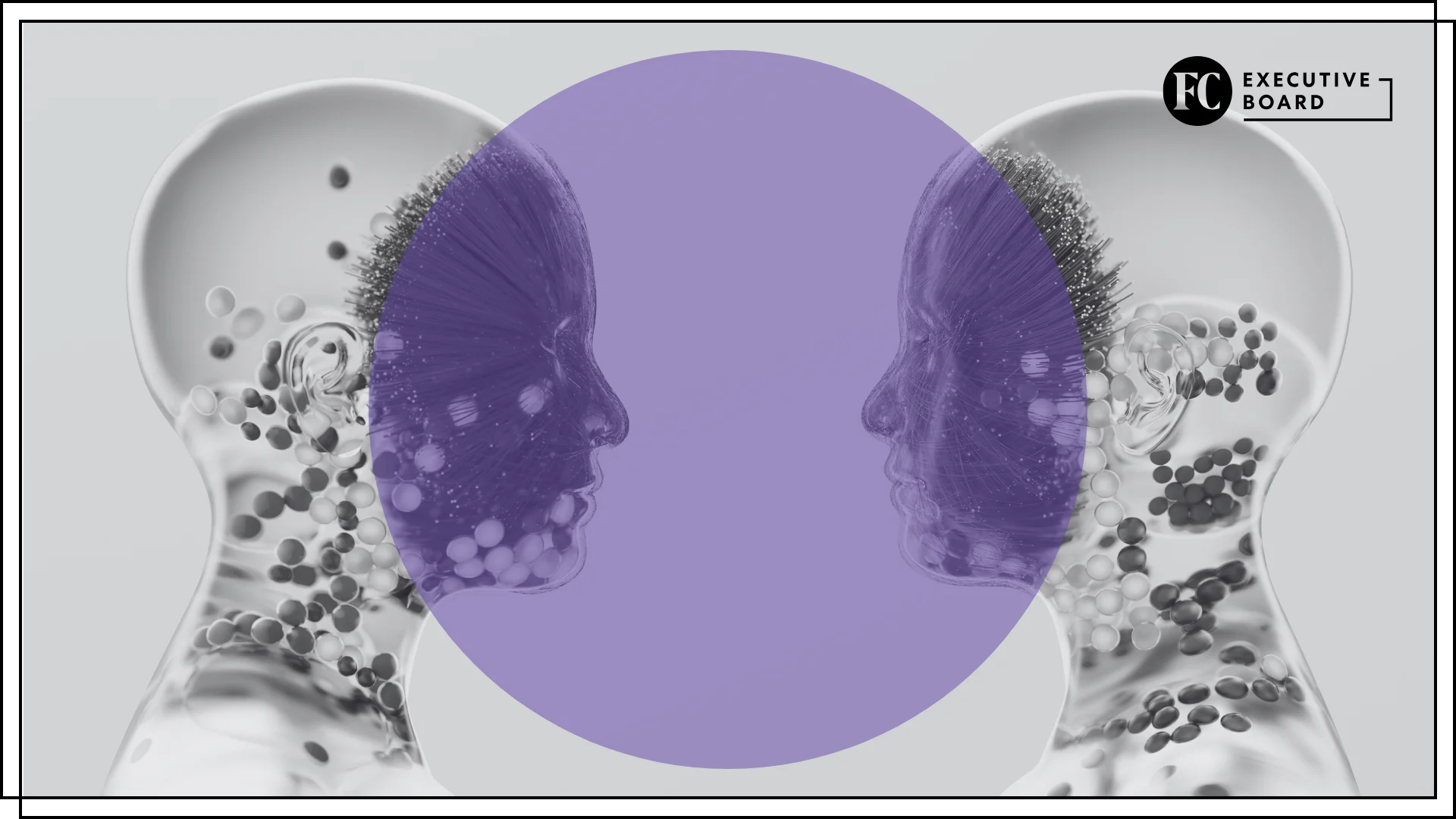Copyright Fast Company

Trust isn’t just a competitive advantage. It’s the foundation for sustained innovation and resilience. It transforms short-term transactions into long-term alliances, enabling continuous value creation, adaptation, and shared success. Strong partnerships aren’t built overnight. They require consistent effort, transparent communication, and a mutual commitment to growth. The most resilient businesses prioritize trust, allowing them to navigate uncertainty, solve complex challenges, and innovate in ways that wouldn’t be possible in a transactional environment. I’ve seen this play out time and again. When trust is embedded in a relationship, problem solving becomes proactive rather than reactive. Collaboration deepens. Ideas flow more freely. And most importantly, both sides invest in each other’s long-term success, not just the next deal. TRUST AS A CATALYST FOR CONTINUOUS IMPROVEMENT Innovation isn’t a single moment. It’s a process of ongoing improvement. When trust is strong, teams and partners can engage in open, candid discussions about what’s working, what’s not, and how to improve. Subscribe to the Daily newsletter.Fast Company's trending stories delivered to you every day Privacy Policy | Fast Company Newsletters Some of the most impactful innovations I’ve been part of didn’t come from a sudden breakthrough. They emerged from trusted, long-term partnerships where both sides were willing to refine, iterate, and adapt. In one collaboration, we worked closely with a client to refine key processes in managing their production chemical program, gradually reducing inefficiencies and driving better outcomes. It wasn’t about implementing a major overhaul overnight or selling a new product; it was about making a series of focused, strategic improvements that built on each other, that in the end led to no additional sales but increased the client’s bottom line. Trust develops through shared understanding and steady alignment. RESILIENCE THROUGH TRUST-BASED ALLIANCES No industry is immune to disruption. Whether it’s supply chain breakdowns, market shifts, or regulatory changes, businesses must be agile enough to adapt quickly. The companies that navigate these challenges best are those with strong, trust-based partnerships. I saw this firsthand during the pandemic when global supply chains were faced with major disruptions. A key client trusted us enough to share their vulnerabilities instead of withholding information or approaching the chaos alone. That transparency allowed us to codevelop a contingency plan, solving the immediate issue and strengthening their supply chain for the future, while many others could not keep consistent supply of their key products. Without that trust, the conversation might have been different, leading to delays, misalignment, and missed opportunities. But because trust was already in place, we moved quickly and effectively in collaboration. BUILD A FOUNDATION FOR LONG-TERM TRUST Trust isn’t automatic. It’s built through actions, consistency, and shared experiences. Trust is rooted in mutual understanding when both parties act in good faith and align their efforts toward a common goal. advertisement From my own experience, three key factors contribute to long-term trust in business relationships: Consistency in delivery: Keep promises and prove reliability over time. Communication transparency: Share goals, challenges, and concerns openly. Align on a shared vision: Ensure both parties are fully invested in each other’s success. What begins as a transactional relationship can evolve into a strategic partnership when value is delivered consistently, conversations are honest, and collaboration goes beyond expectations. THE ROLE OF TRUST IN FUTURE-FOCUSED INNOVATION As industries evolve at an unprecedented pace, trust will become even more critical in driving innovation and shaping the future. Long-term trust provides the stability needed to experiment with bold ideas, embrace calculated risks, and invest in transformative solutions. When organizations trust their partners, they’re more willing to push boundaries. They can explore emerging technologies and cocreate the next big breakthrough. In a trust-based partnership, confidence creates space to explore, test, and refine new solutions collaboratively. This openness led to successful outcomes and deeper strategic alignment. It lays the foundation for continued innovation and long-term collaboration. Trust functions as a strategic asset, one that enables sustained innovation and resilience. When built through consistency, transparency, and a shared commitment to growth, it transforms relationships into enduring alliances capable of navigating challenges and seizing opportunities together. In the end, trust is what separates short-term success from long-term impact. Companies that foster trust, through transparency, reliability, and a shared vision—create relationships that withstand challenges. They drive innovation and fuel continuous growth. The businesses that prioritize trust will be the ones that not only adapt to change, but also lead it. Jared Matthias is vice president of executive accounts at ChampionX.



